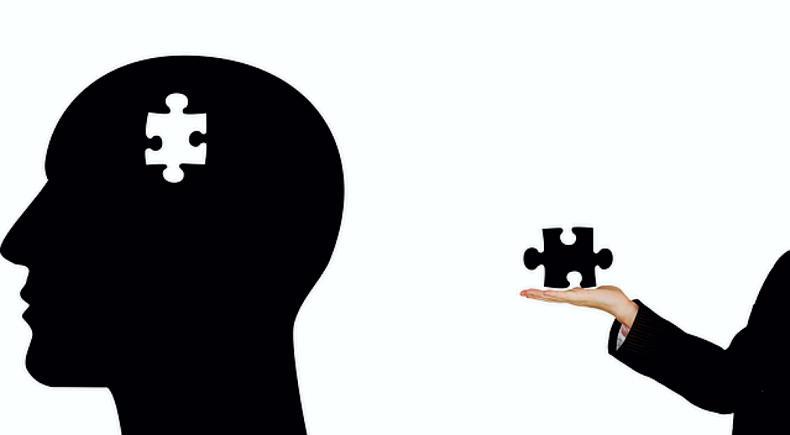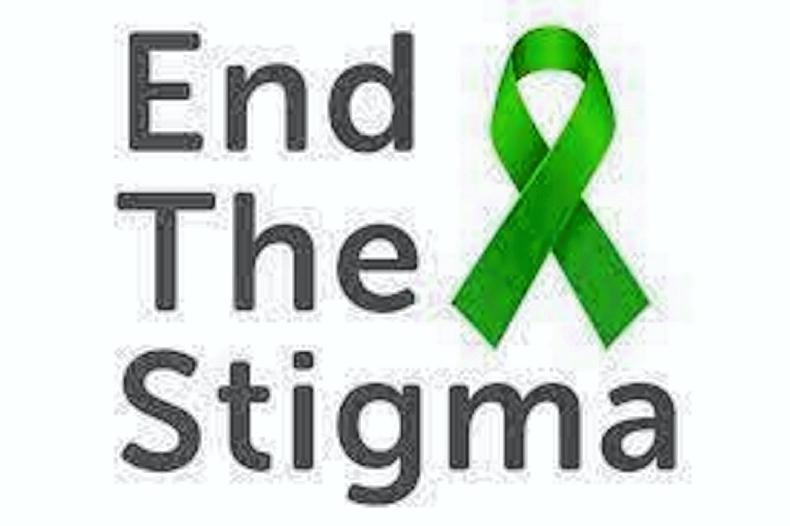I AM not afraid to admit it, but I am finding it difficult to deal with the present ‘new normal’ that we are constantly being asked to accept. It is also an ever-changing situation, and the future is full of great uncertainty. Some days are harder than others, but it is important to try to face each day with optimism.
You might think that there is some comfort in knowing that we are all living through this together, and that uncertainty exists for us all. That is true, but it in no way lessens the fears and anxieties we all have about our current position. It is okay to feel uneasy, to be sad and to be worried. It is good to cry and let out any negative emotions we may be storing up.
It is also vital to talk with family, friends or professionals and to share concerns. Adults are no less immune to worry and anxiety than children or younger people, and indeed may sometimes suffer more as they try to remain strong and ‘keep a stiff upper lip’. That is not healthy or sustainable, physically or mentally, and it important to deal with any concerns before they become a greater problem.
Remember all those adages that we threw about carelessly for many years? A problem shared is a problem halved. Sharing is caring. The best way to escape from your problems is to solve them. They are all true, but they are not always easy to do. Nonetheless, we all owe it to ourselves and our loved ones, spouses, partners, children, family, friends and colleagues to deal with any worries we have and to seek assurance, guidance or comfort.
Concerns
For me personally, my main concerns are around restrictions, an inability to see friends and family, and a fear of contracting coronavirus. They are all understandable concerns, but they are not insurmountable problems. An opportunity to see one or two friends in a socially-distanced and safe environment always leaves me feeling buoyed and much happier. Now I make a plan to do it maybe once a week.
My late father had a saying that I remind myself about on a very regular basis. “If everyone put their troubles on the table, you would probably take your own back”. Think about it. When times are not so good, this is a reminder that it will pass, the problem can be solved, and there are others who are much worse off.
There is no magic wand to sort out our present problems, there is no panacea for the trying times we live in, but there are many ways in which we can help ourselves and others to get through this difficult time. I am working every day to handle it better, and I am happy to help others to talk about their worries and fears. Together we can all get through this.
Pointers
As always, there are lists of things that we can all do to help in the fight to stay well, and here are a few pointers which you may find useful to remember:
Set boundaries: as many people work from home, it’s important to keep a boundary between the space you work in and the space you relax in. That way the people you live with know when you’re in work mode and can’t be disturbed. One of the problems with working from home is that it can be difficult to switch off, the boundaries become blurred, and you can end up working longer days than you did before. Get outside: as studies have shown you can be more productive and creative outdoors if your work involves coming up with ideas or problem solving. Sit outside if you have an outdoor space and remember that it’s good to vary where you work. Build time into your day to get outside, even as the weather changes, because it’s important that we all have natural daylight and physical activity.Come to terms with the ‘new normal’: and remember that as time goes on we have a better idea of what to expect when new restrictions are imposed. Acceptance of a situation is associated with better mental health. It doesn’t mean giving up or feeling defeated, it’s about a willingness to accept a situation for what it is, and be okay with the uncertainty. There are going to be days when you feel anxious and you’re going to feel upset. It’s okay to not be okay. Be kind to yourself on those difficult days.Make sure you have support: in the form of a community around you. Plan regular calls with your family and friends, as such support can help in stressful circumstances. There are ways to stay connected and communicate virtually with other people. Most organisations have better set-ups to work remotely and people can make use of these outside work too. Lockdown should not leave you feeling isolated. Put time in your diary to meet up with friends or colleagues, in person or on a video call. It is important to have things to look forward to. Think about sending a letter or gift to someone to let them know you care.Reframe the situation: and find hidden benefits in the current situation. Instead of complaining about working from home for a long time, think about the winter commute you won’t have to endure, getting up in the dark. Turn negatives on their head and look for positives. Reframe the problem as a potential opportunity to live/work in a more flexible way.Focus on the present: because with so much uncertainty it is vital to try to focus on what you can control. We can’t control how long the coronavirus pandemic will last, but we can focus on the small things that will make our day a little better. Listen to your favourite music, call a loved one or go for a walk. Focus on the present moment. Keep some sense of routine: as people who might have felt motivated at the start of the pandemic may begin to lose some of their momentum now. For the future it’s important to keep some sense of routine and structure in your life. Try to set yourself a challenge every day to do something that you enjoy and something that gives you a sense of achievement. Setting yourself small goals and challenges, even something like the laundry, is good. Reduce anxiety by managing information: and think about the information that you’re listening to or reading. Where is it from? Do you feel anxious or low when hearing it? Is it helping? Try to limit the amount of information you read, or the sources that it comes from. Maybe stick to approved websites. Try to give yourself some time away from technology as there is a lot happening and being said on social media at the moment. While some of it is helpful, more is not. Take a step back from it for a few hours a day. Seek help if you need it: because appropriate levels of support can be beneficial for your mental health. If things are feeling difficult for you, it’s important not to struggle alone. There is help readily available through many sources, some of which are listed on this page. Whether it is face-to-face contact, over the telephone or online, seek help if you need it. Your doctor is an essential first point of contact and can give you the appropriate help, advice or treatment. *Special thanks to Dr Adrian McGoldrick for his continuing professional and personal support


 This is a subscriber-only article
This is a subscriber-only article
 It looks like you're browsing in private mode
It looks like you're browsing in private mode










SHARING OPTIONS: